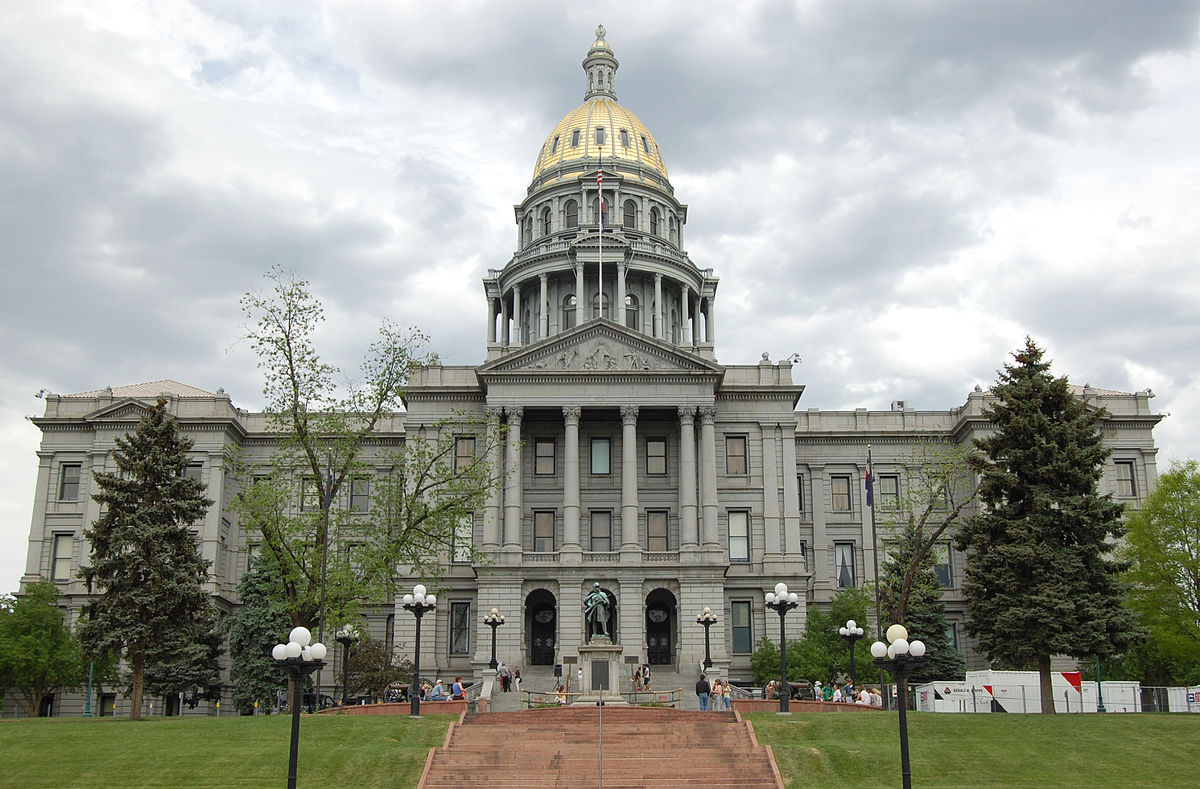Colorado Republicans’ bill to make abortion illegal has once again failed.
The Protect Human Life At Conception Act, which Republican lawmakers have been pushing unsuccessfully since 2013, would have made nearly all abortion a class one felony punishable by life imprisonment or death.
It’s some of the most extreme anti-abortion legislation in the country, and doesn’t contain exceptions for pregnancy as a result of rape or incest.
State Rep. Lori Saine (R-Firestone), one of the bill’s prime sponsors, called making abortion illegal “our generation’s abolitionist movement” during her opening remarks at the bill’s hearing in the House Health and Insurance committee.
Saine made national headlines for her remarks on Colorado’s House floor on the eve of Martin Luther King Jr. Day that “whites and blacks alike were in nearly equal numbers lynched for the crime of being Republican.”
Some women shared personal stories about abortion at the hearing.
Among them was Alex Ferencz, a Marine Corps veteran who said her decision to have an abortion was an easy
“People who need abortion access are people with hopes and dreams and intelligence,” said Ferencz. “If this bill goes into effect, people like me will cease to have options. Options that I fought to protect.
Dr. Aaron Lazorwitz, an OBGYN, expressed particular concern about the bill’s lack of
“It’s not that uncommon when I have a patient that comes in with a pregnancy as a result of rape,” Dr. Lazorwitz told the Colorado Times Recorder. “Having to carry that pregnancy is just more traumatic experiences on top of that. It takes away their control.”
Lazorwitz also criticized politicians who step between women and their doctors.
“It’s very apparent that they haven’t discussed this with any physicians,” he said. “They don’t know enough about actual procedures and medical practice to bring forth good legislation that’s appropriate.”
“Terminology like ‘unborn human being’ is not medical terminology,” he added.
State Rep. Stephen Humphrey (R-Eaton), one of the bill’s prime sponsors, asked in his opening remarks, “why should science be the basis for determining personhood?”
State Rep. Mark Baisley (R-Roxborough Park), who sits on the committee, harkened back to the three-fifths compromise before asking Rev. Dawn Riley Duval, who testified against the bill, if she would trust the government to determine who is human.
“Our nation has a less than
Rev. Duval, who is Black, runs Soul 2 Soul Sisters, a faith-based group that advocates on behalf of Black women.
Jack Teter of Planned Parenthood of the Rocky Mountains bemoaned Republicans’ repeated efforts to criminalize abortion even after Colorado voters rejected a similar measure at the ballot box.
“Colorado voters have overwhelmingly rejected versions of this same bill on the ballot by three to one three times already,” Teter said. “There is absolutely no appetite among Coloradans to criminalize abortion. These legislators have learned nothing, and continue to waste all of our time with their ridiculous attempt to make a totally common part of health care a class one felony punishable by life imprisonment or the death penalty.”
There to testify in favor of the bill was Colorado Christian University’s Jeff Hunt, who runs CCU’s conservative think tank, the Centennial Institute.
“This bill is a reasonable effort to protect the life of the child and the health of the mother,” Hunt said.
While the bill does contain an exception to protect the life of the mother, it does not allow abortion in cases where it is necessary to preserve the health of the mother.
The bill failed on a




